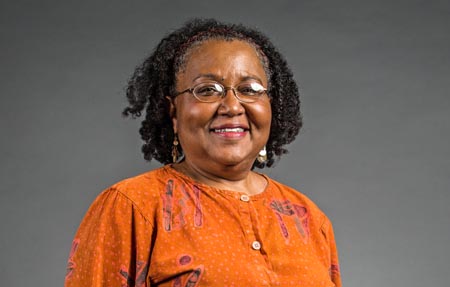Dr. Dolly Mullen, who spent much of her career as a professor at UNC Asheville, echoed a comment from County Commissioner Al Whitesides about the differential between money and achievement but offered a different take on the nature of educational disparities.
“Asheville schools have the highest expenditures per pupil in the state, but are at the lowest achievement levels,” Dr. Mullen told The Urban News.
A former member of the Asheville City School Board, she has frequently pointed out to the board as well as to other community members that the entire society is, ultimately, “the client” of the system.
“I look first at the students,” she said. “Our expectation is that they will do well, and that they’ll turn out as productive members of society. That’s what we need. Because we’re the client of who these children will grow up to be.”
“When I was on the school board people would say ‘It’s the parents, the home.’ My response was that, in that case, ‘We need to advocate for them, too.’ The consequences are what make me concerned,” she continues. “We aren’t turning out people who will have an easy time being productive members of society.”
The pipeline
If children aren’t learning, that’s more than a red flag to Mullen—it’s a siren. “It’s as important as if a child were making physical threats to students and teachers. If they’re not able to learn …”
Mullen asks, rhetorically, “What’s the relationship between poor academic performance and the pipeline between school and ‘juvie’ [the criminal justice system]? For one thing, a number of children who are in academic trouble are also more likely to be considered disciplinary problems. And that’s understandable. If school doesn’t excite them, they look for things that do.”
And that, of course, is what gets children in trouble, especially as they get older.
So the question becomes more than just ‘What are the teachers teaching?’…
Read the full article here



